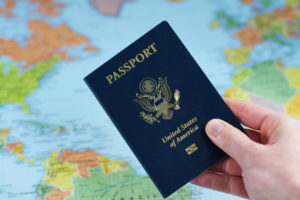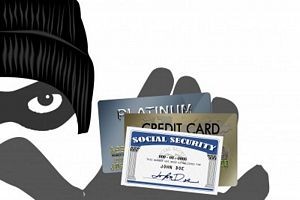
Image belongs to rightful owner
It is that time of the year again! Summer has finally arrived! It is time for outdoorsy fun with the ones you love. This also means continuing being safe wherever you go and in whatever you do. This week’s post will be on some safety facts about grilling, from the Minnesota Department of Health.
Handle Food Safely
- Always wash your hands before and after handling food.
- Keep the kitchen, dishes and utensils clean.
- Always serve food on clean plates.
- Harmful bacteria present in raw meat and poultry and their juices can contaminate safely cooked food. To prevent food borne illness, don’t use the same platter and utensils for raw and cooked meat/poultry.
Keep Hot Foods HOT, Cold Foods COLD
- Keep meat and poultry refrigerated until ready to use.
- After cooking meat and poultry on the grill, keep it at 140°F or warmer until served. Keep cooked meats hot by setting them to the side of the grill rack. Cooked meat can be kept hot in a warm oven (approximately 200°F), in a chafing dish, or on a warming tray.
- In hot weather (above 90°F), food should never sit out for more than one hour.
- Refrigerate any leftovers promptly in shallow containers.
Marinating
- Marinate to tenderize or add flavor.
- Marinate food in the refrigerator, not on the counter.
- If marinades are to be used as a sauce for the cooked meat, either reserve a portion of the marinade before putting raw meat and poultry in it, or boil it before using on cooked meat to destroy any harmful bacteria.
Precooking
Precooking food on a stove is a good way to reduce grilling time. Make sure that the food goes immediately on the preheated grill to complete cooking.
Cook Thoroughly
Fresh and frozen raw meat, poultry and fish should be cooked hot enough to kill the bacteria, parasites and viruses that may be in the product. The temperatures shown below are recommended for home preparation of food. Always use a meat thermometer to check temperatures. Color is not a reliable indicator of doneness.
Reheating
When reheating fully cooked meats, grill to 165°F.
| FOOD | SAFE INTERNAL TEMPERATURE * |
| Poultry or fowl, whole or parts | 165°F |
| Ground poultry or fowl | 165°F |
| Ground beef, veal, pork, lamb or venison | 160°F |
| Fresh beef, veal, pork, lamb or venison | 145°F |
| Fish and shellfish, all kinds | 145°F |
| Eggs | Until yolk and white are firm |
| Egg dishes | 160°F |
* Regulated facilities may cook to different temperatures because staff are trained in the use of time and temperature to reach safe standards.
For additional information on food safety, visit the link listed
http://www.health.state.mn.us/foodsafety/index.html
—
Information received from the Minnesota Health Department. To view the PDF, click on the link provided below.
http://www.health.state.mn.us/foodsafety/cook/grill.pdf




